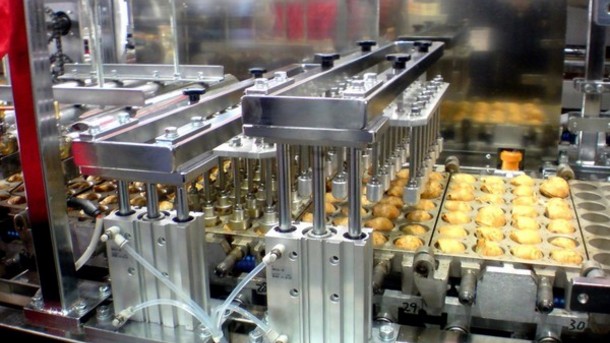In the rapidly evolving food industry, streamlining packaging processes is essential for improving efficiency, reducing costs, and maintaining high-quality standards. Automation plays a crucial role in modernizing these operations, offering significant benefits that enhance productivity while addressing the growing demand for faster, safer, and more sustainable packaging solutions. One of the primary advantages of implementing automated systems is the significant reduction in labor costs. By integrating advanced technologies, food manufacturers can minimize manual intervention, allowing workers to focus on higher-value tasks while machines handle repetitive, time-consuming operations. Automated systems can efficiently handle various stages of the packaging process, from sorting and filling to sealing and labeling, ensuring consistent speed and accuracy. This shift toward automation also results in fewer human errors, reducing the likelihood of product recall or incorrect labeling that can lead to significant losses. In addition to boosting productivity, automated packaging solutions improve product quality.

These systems are designed to maintain precise control over critical factors such as fill levels, seal integrity, and labeling accuracy. This ensures that each package meets strict quality standards, enhancing consumer satisfaction and reducing the risk of returns or complaints. Moreover, automation can also enable customization options, such as batch tracking and unique labeling, which are increasingly important in industries requiring traceability and transparency. Sustainability is another critical factor driving the adoption of automated packaging solutions. Advanced technologies from food packaging machine manufacturers allow for more efficient use of materials, reducing waste and minimizing the environmental footprint of packaging operations. Automated systems can optimize the amount of packaging material required for each product, ensuring that excess materials are eliminated. Additionally, automation supports the use of eco-friendly packaging options, contributing to a company’s sustainability goals and meeting consumer demand for environmentally conscious products.
As consumer expectations evolve, there is an increasing need for food packaging to be faster, more flexible, and adaptable to different product types and sizes. Automation can provide the necessary agility to meet these demands. With the ability to easily reconfigure production lines for various product formats, companies can quickly adjust to changing market conditions without significant downtime or additional investment in new machinery. Finally, Leva automated packaging solutions can be integrated with other industry 4. Zero technologies, such as data analytics and machine learning, to enhance operational visibility and optimize performance. Real-time data collection and analysis help identify bottlenecks, predict maintenance needs, and continuously improve packaging processes. This creates a smart, interconnected system that drives operational efficiency, quality assurance, and overall profitability in the food packaging industry.